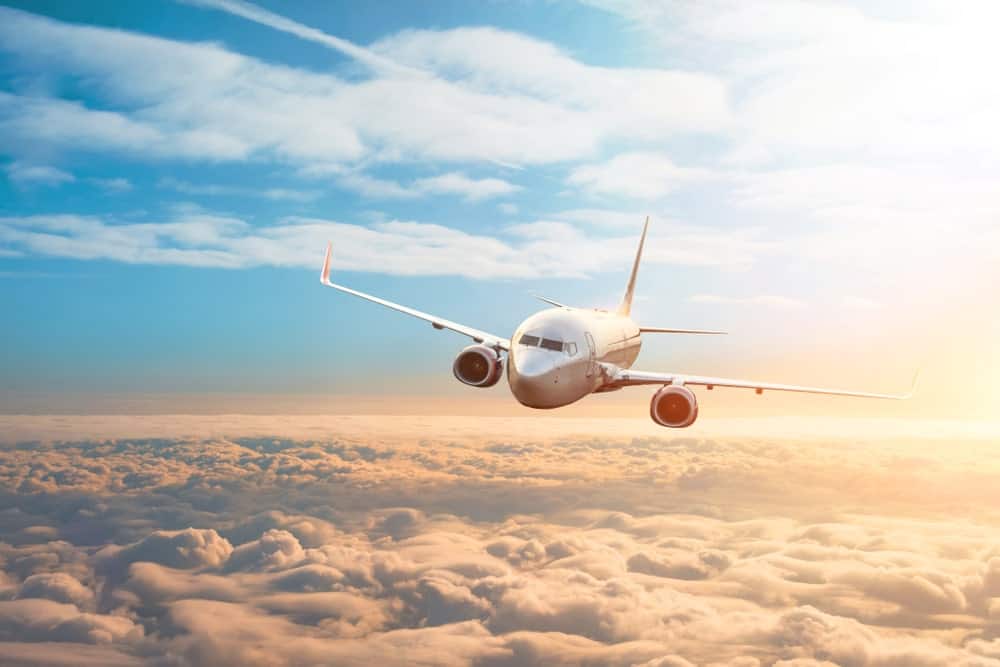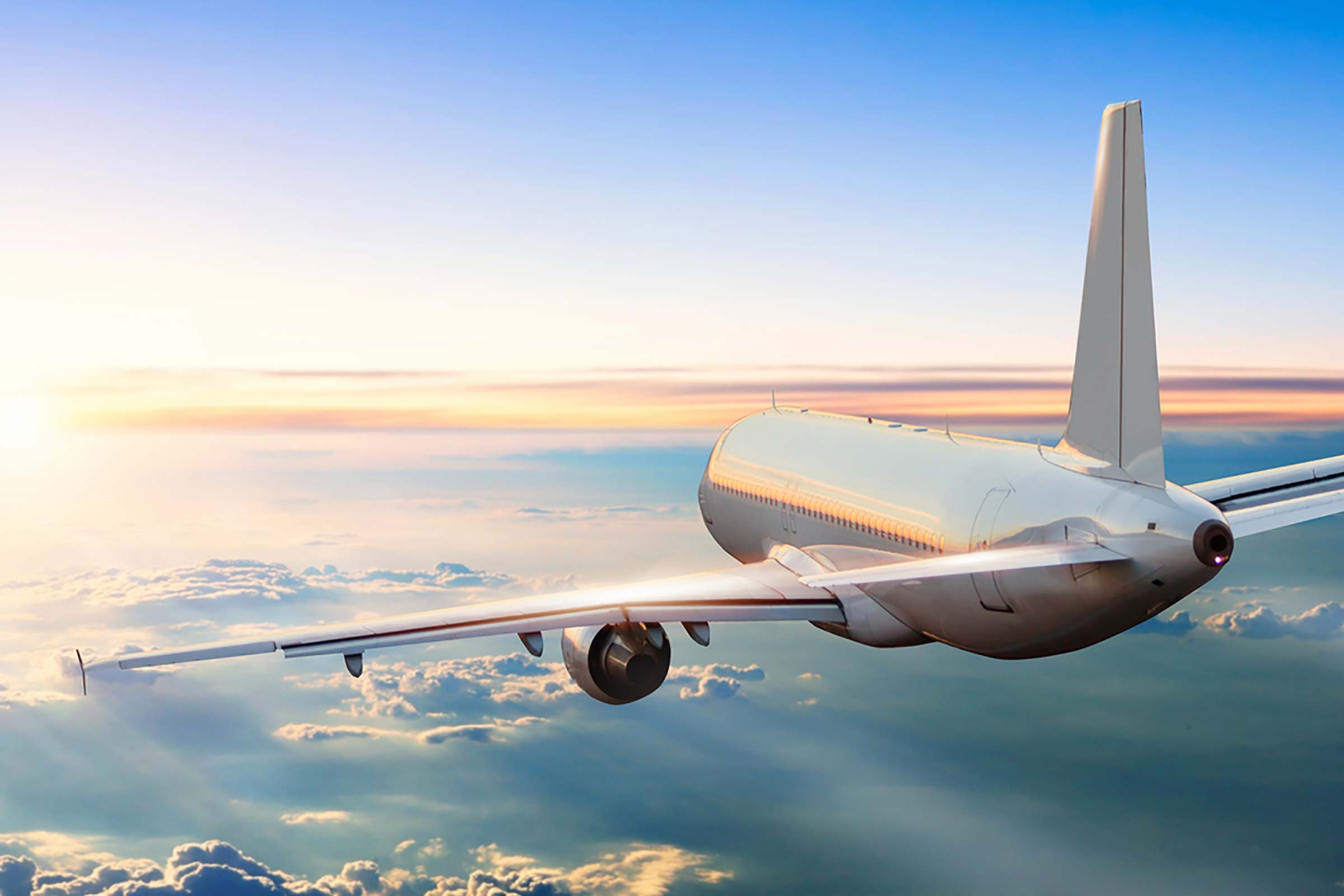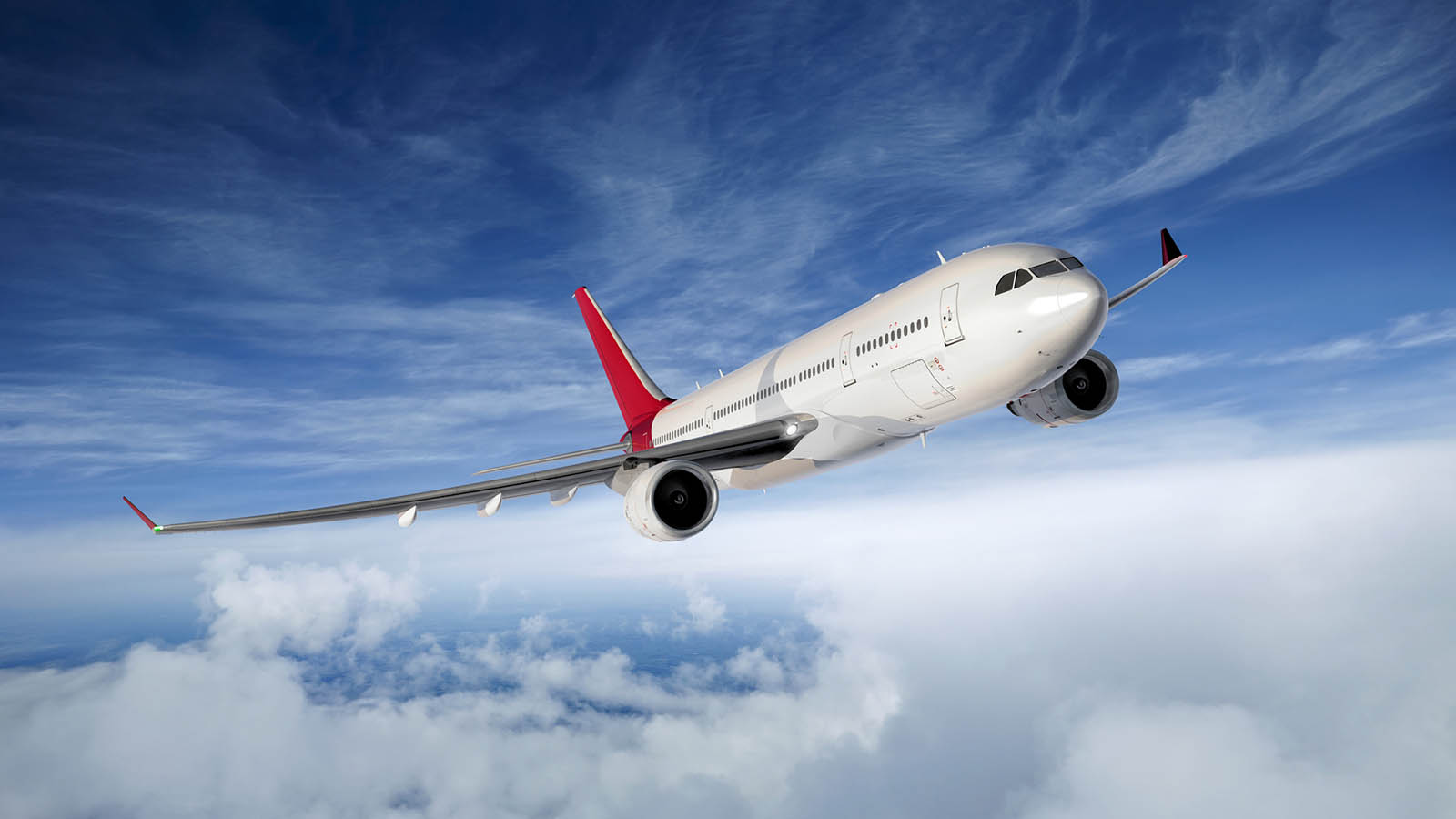
The Recycled Frying Oil Serves As Jet Fuel
Dallas Fort-Worth International Airport came up with the solution, which helps take the gallons of cooking oil left over from the airport restaurants that would otherwise go to waste creates an alternative fuel option, which has been used on an Airbus flight already.
Robert Horton, DFW’s Vice President of Environmental Affairs told 5NBC/DFW: “We generate a lot of waste, a lot of undesirable products that have to go somewhere. What we’re trying to do is find a way to remove that without creating a detrimental impact.”
Aviation fuel that’s made from this leftover oil and waste fats is called sustainable aviation fuel (SAF) and has been lauded by BP as a giant leap towards more sustainable flight protocols.

This Can Be Adopted By All Airports For A More Sustainable Flight System
Regular fuel for jets usually requires a huge high energy to weight ratio, so a sustainable alternative option that doesn’t use CO2 that’s propelled into the atmosphere is not a simple thing to accomplish.
To create SAF, cooking oil is refined and transformed into a synthetic aviation fuel in a process that takes out the oxygen. Since the aircraft can’t simply rely on synthetic aviation fuel is mixed with standard fuel so that the aircraft is able to fly. After this process, planes fueled with SAF can fly with 80% fewer emissions like those released in production.
For those who wonder if SAF smells like fried food — you might be disappointed. Pratik Chandhoke, Technical Services Manager of Renewable Aviation, Neste US said in a statement: “It does not smell like french fries at all. If you if you look at the liquid itself, it’s clear as water and there’s no odor to it.”

Airplane In Flight
Dallas Fort-Worth International Airport is hoping to transform all of its flight to be carbon-neutral by the year 2030. The airport is a pilot site, and the rest of the world of aviation is watching to see how it works and perhaps adopt this method as well.
Aviation emissions contribute to 2% of total global emissions but are still on the rise. Chandhoke said: “They’ve started to realize that aviation and airlines play a big role in the emissions globally.”








